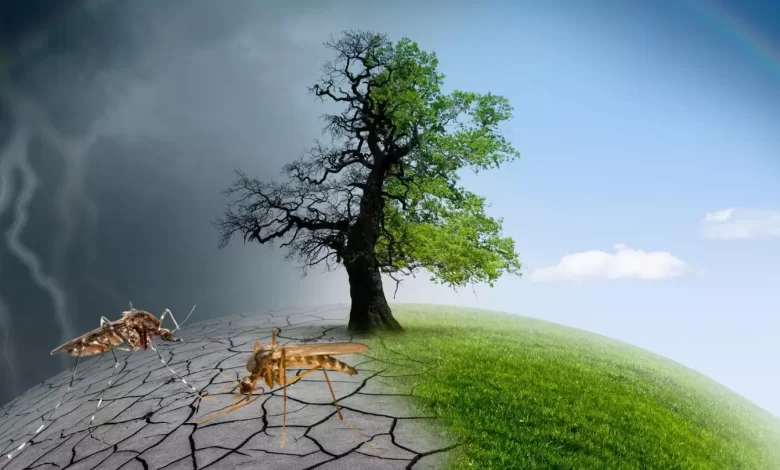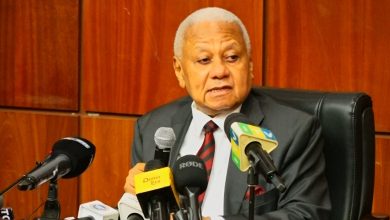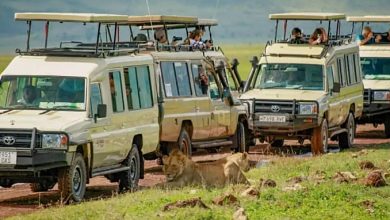World Vision project to mitigate climate change effects

TANGA: THE World Vision Tanzania (WVT) has officially inaugurated a new three-year 5.87bn/- climate change mitigation project in four districts of the Tanga region (Kilindi, Handeni, Pangani, and Mkinga).
The project is aimed at contributing to sustainable forest management and wood-fuel production in the Tanga Region through improved natural resource management and sustainable wood-fuel value chains.
It is funded by the European Union (EU) for 2 million Euros (5.26bn/-), with WVT co-financing of 222,222 Euros (614.2m/-).
According to WVT authorities, the initiative, titled ‘Accelerating Reforestation for the Development of Households in Tanga (ARDHI Tanga),’ began formally on January 10 this year and demonstrates WVT’s steadfast commitment to mitigating the effects of climate change in the region.
Ardhi Tanga, which is expected to reach 20,000 direct beneficiaries, with 75 per cent of them being youth aged 15 to 35 and 60 per cent of the total beneficiaries being female participants, builds on the success of a 1.6 bn/- SAUTI-Youth (Sustainable Accountability Uniting Tanzanian and Irish Youth) project in Handeni and Korogwe.
World Vision Ireland, Youth Work Ireland Galway, and World Vision Tanzania carried out SAUTI youth.
According to the Project Manager, Benson Mseli, 130,000 people would benefit indirectly from the project, bringing the total number of beneficiaries to 150,000 over four districts. Mseli presented a project brief during the inauguration meeting, explaining that the project’s particular objectives and outcomes are to ensure that communities have a better understanding and appreciation of, and advocate for sustainable natural resource management.
Other goals include greater and equitable use of sustainable forest management methods, with a focus on charcoal value chains, as well as increased income and resilience for young people, women, and persons with disabilities through alternative sustainable livelihood opportunities.
The main project activities mentioned by Mseli include promoting natural resource management through mindset and behavioural change, utilising ICT for forest resources, advocating for Natural Resource Management (NRM) at all levels, providing support to districts with land use plans, and incorporating gender and disability inclusion in sustainable forest/natural resource planning.
Other efforts include promoting sustainable agriculture in the project area, restoring degraded forests, and encouraging the use of environmentally friendly technologies and practices such as biogas and cook stoves.
The project would also increase access to financing for investments in sustainable livelihoods, household income diversification, and clean cooking energy sources.
The Pangani District Commissioner, Zainabu Abdallah, who officiated on behalf of the Tanga Regional Commissioner, Waziri Kindamba, at the launching event, praised the World Vision for prioritising the youth in general, stating that progress cannot be achieved if a major portion of the kids are left behind.
She pointed out that the rate of deforestation in Africa has been estimated to be two million hectares per year, with Tanzania losing 400,000 hectares of forest every year, accounting for 29 percent of the total hectare loss in Africa.
“Your actions will be the solution to the problem, and you did not wait to be instructed.
“You took the initiative to develop a project,” she explained. Ms Abdallah remarked that what WVT was doing was consistent with what President Dr Samia Suluhu Hassan has advocated.
She stated that the President is firmly calling for greater cooperation between the commercial and public sectors. She emphasised the necessity for community planning and collective responsibility.
Ms AbdallAh said she was particularly impressed by the project’s plan to empower groups to produce alternative charcoal, and she urged the district council to ensure that such groups are supported when the Local Government Authorities (LGAs) 10 percent credit window for women, youth, and people with disabilities is restored.
She also urged the TFS to ensure that tree-cutting permits are only provided after careful inspection and that only trees mentioned in the permit are cut.
“We must make sure tree harvesting follows procedures and regulations, strictly,” she added.





